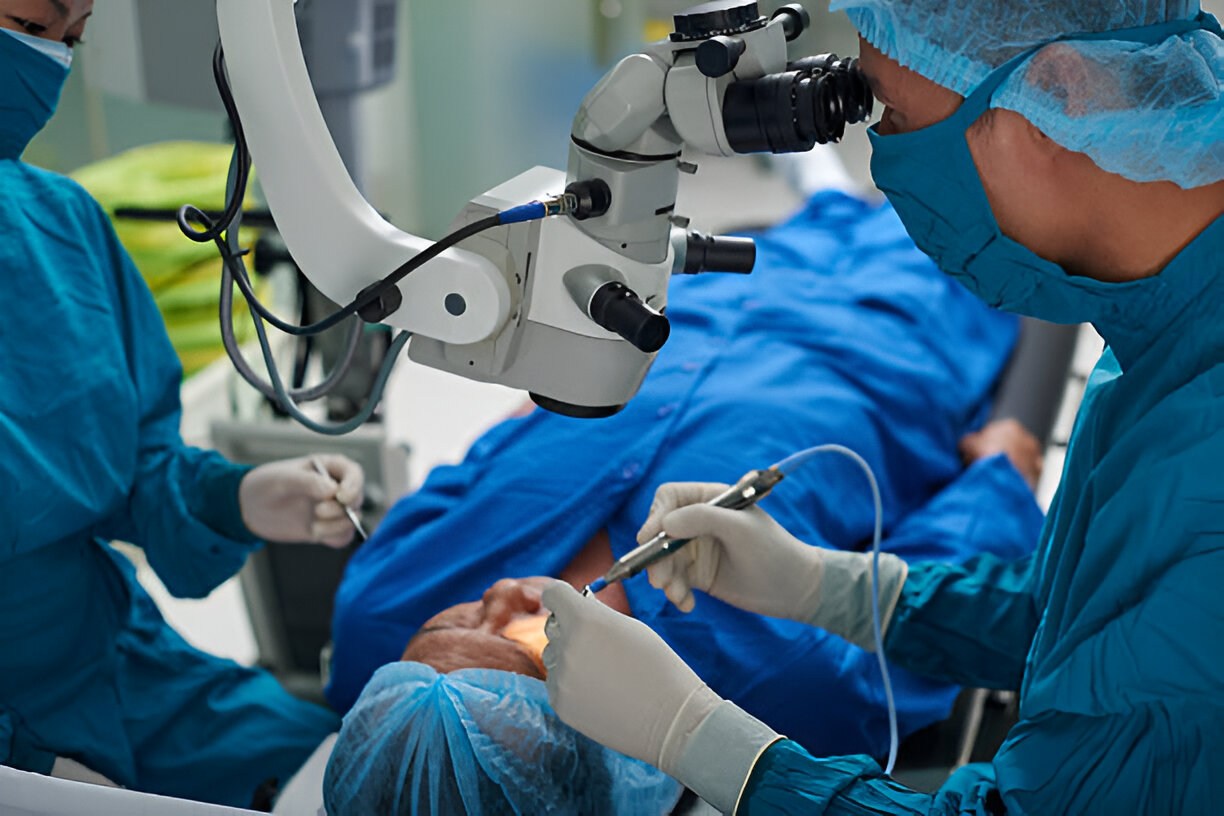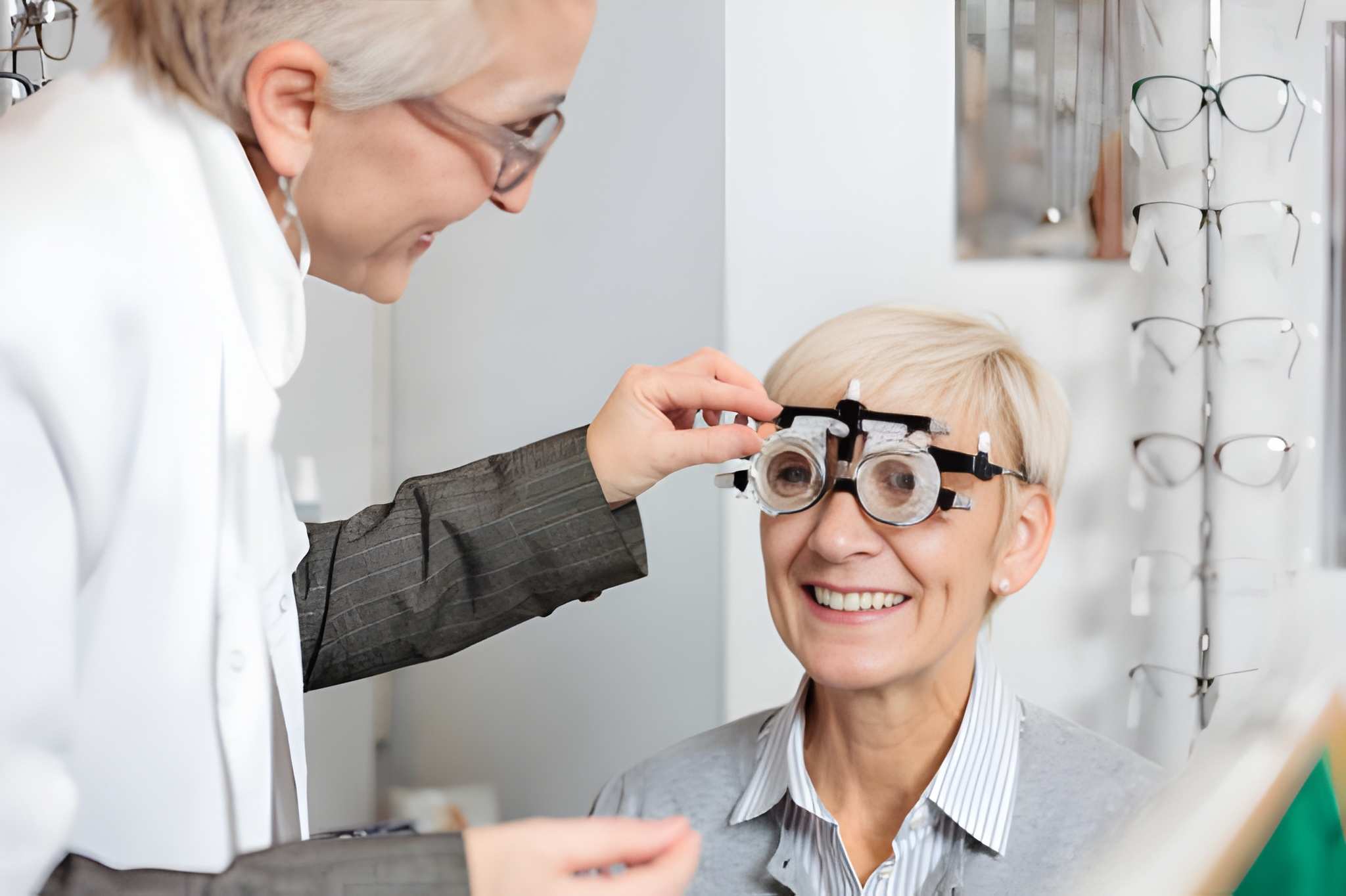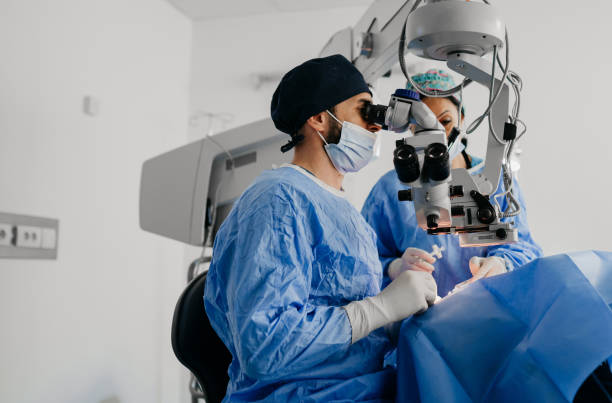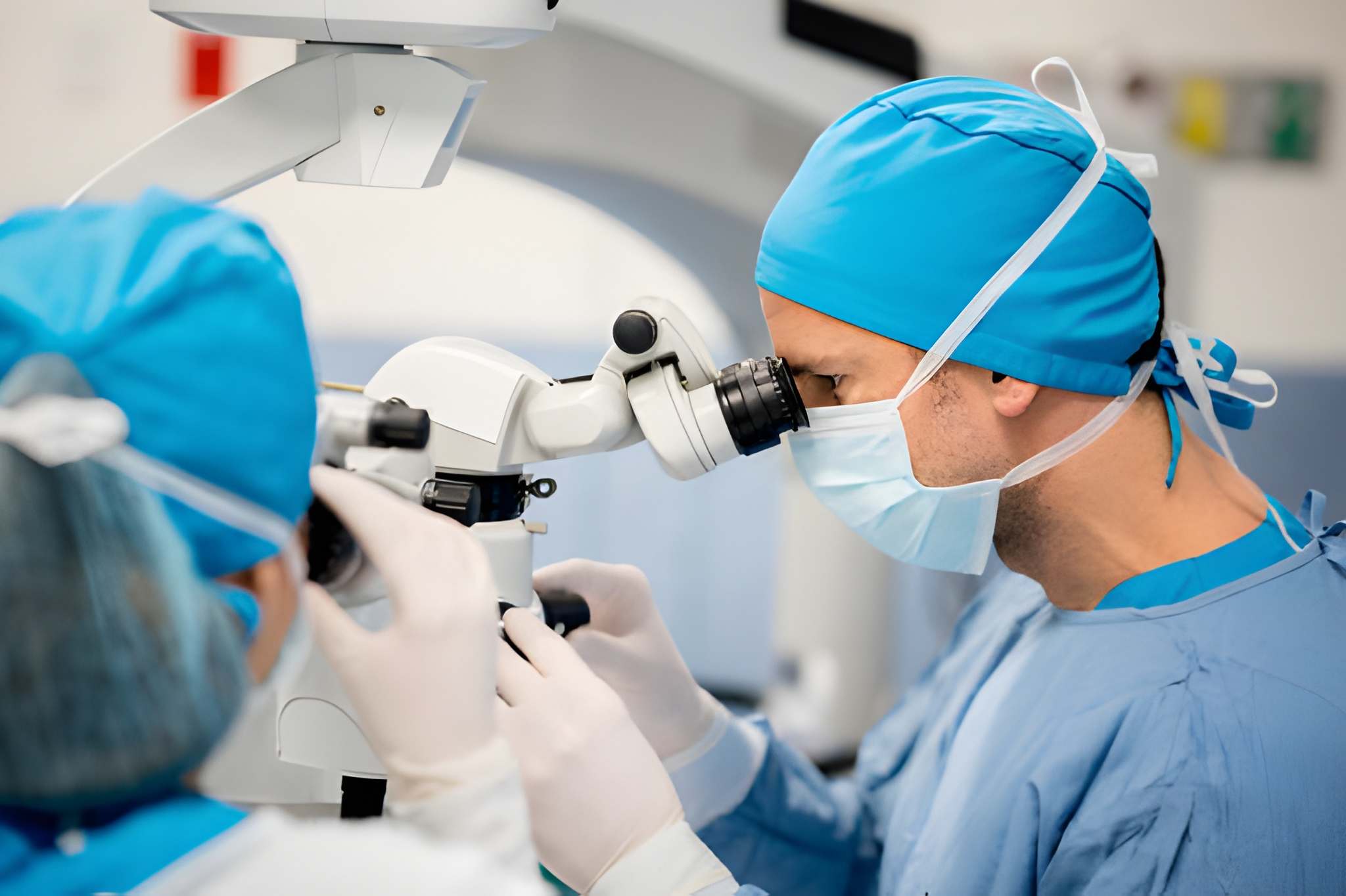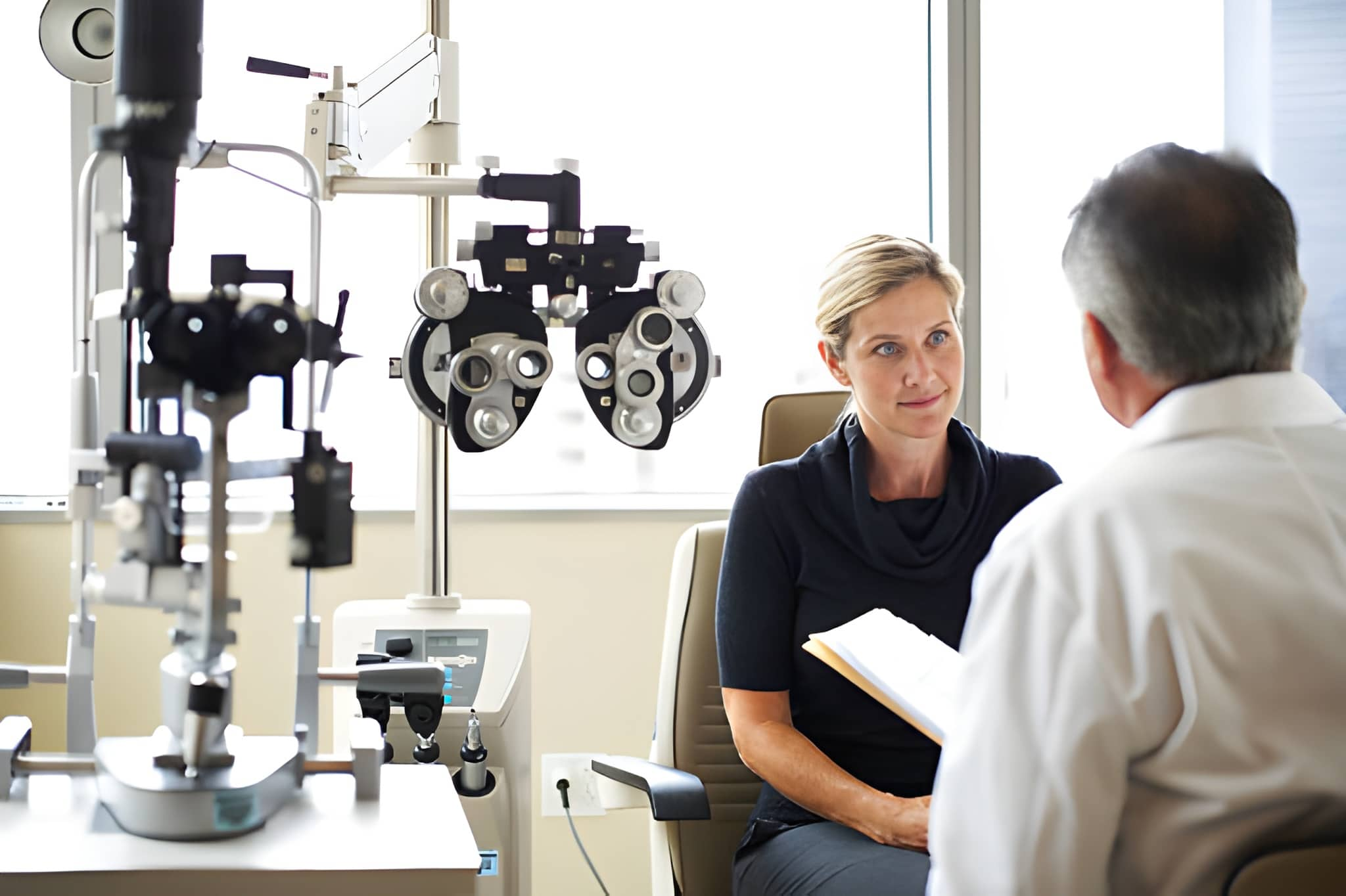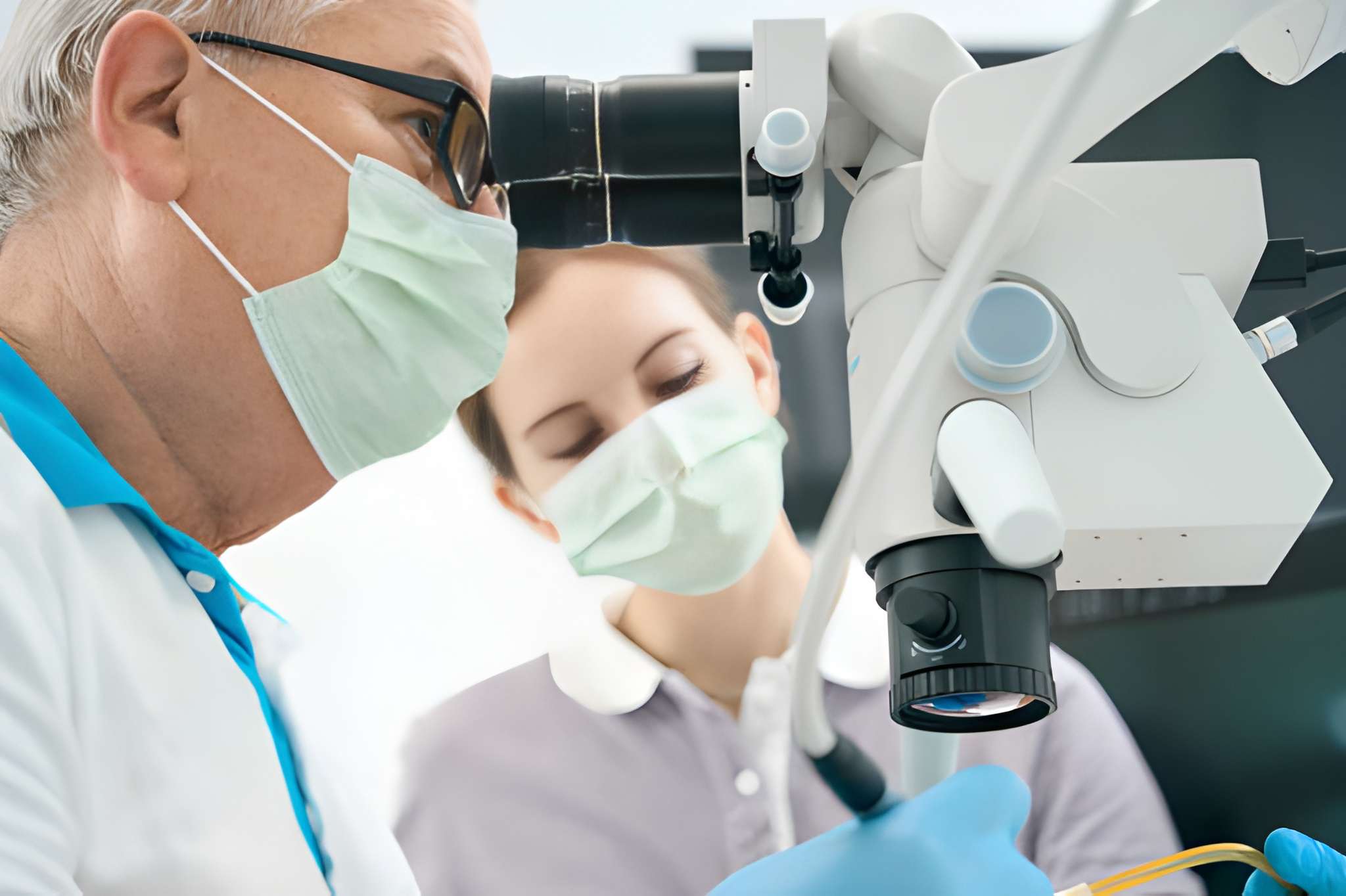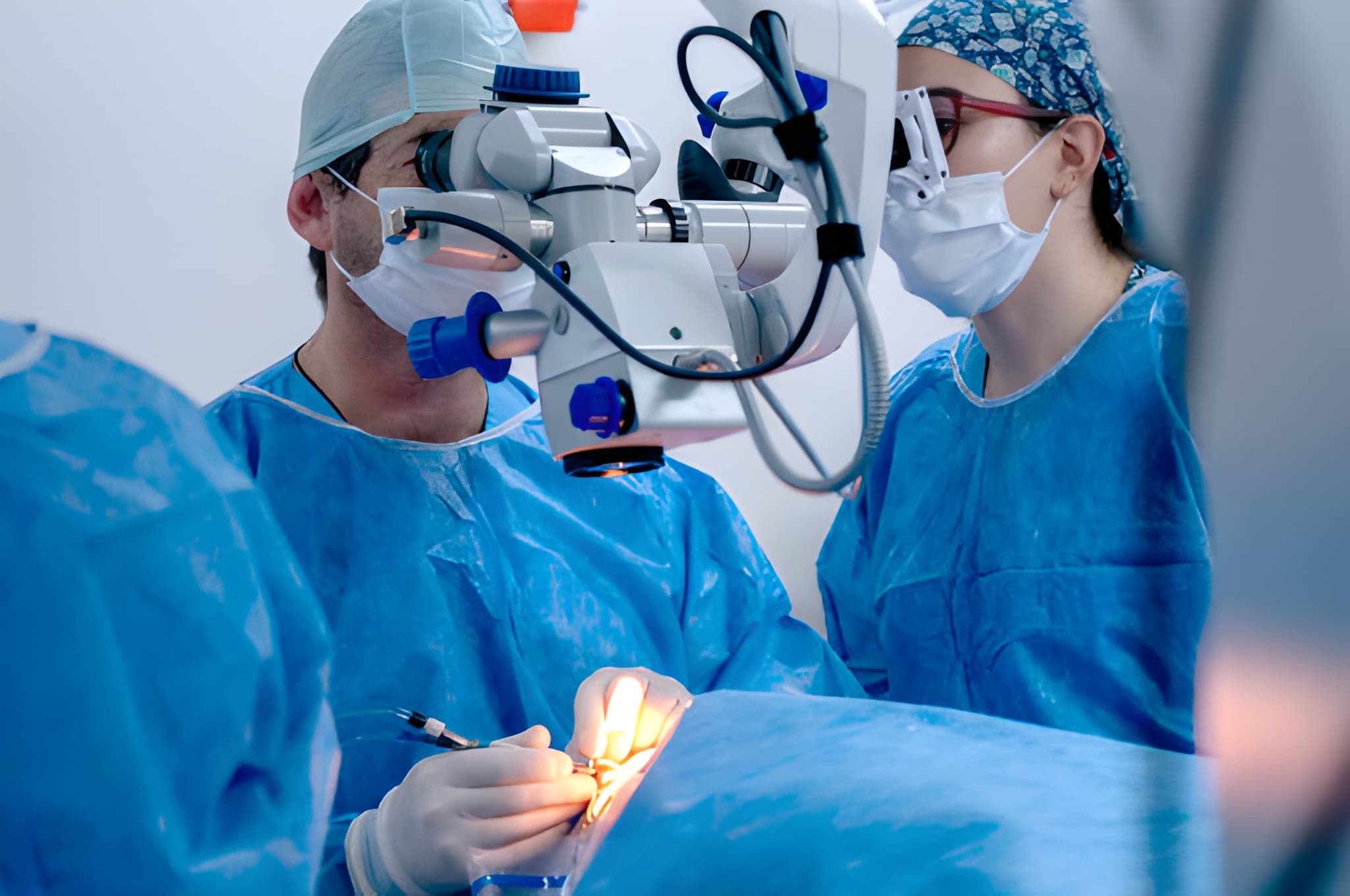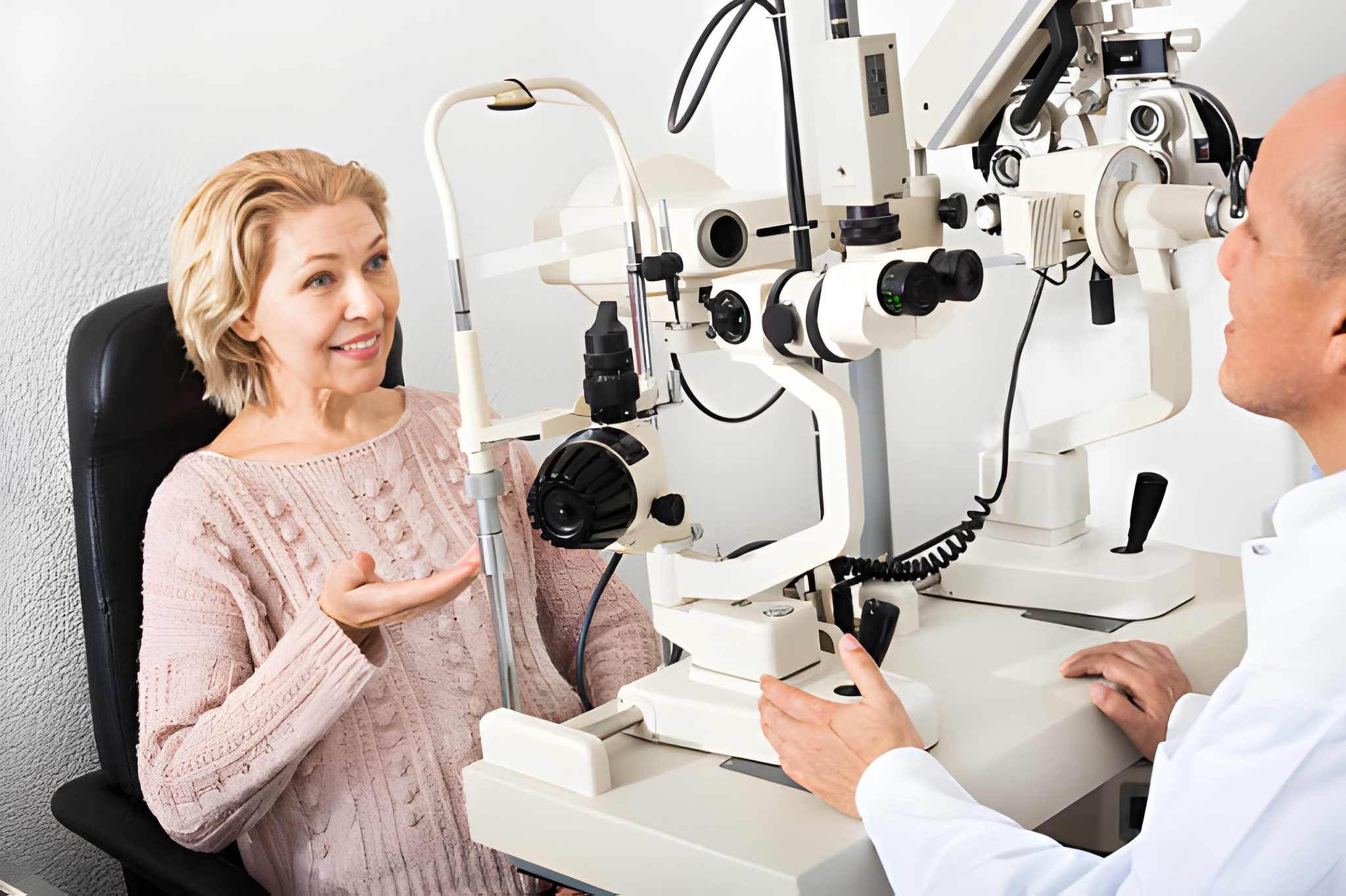Cataract surgery is one of the most common and successful procedures in the world. It restores clear vision, allowing you to enjoy daily activities with ease. However, the recovery period is crucial for ensuring the best results. To help you recover smoothly, here’s a guide on what you should avoid after a cataract operation.
Avoid Rubbing Your Eyes
One of the most important things to avoid after cataract surgery is rubbing your eyes. Your eyes may feel itchy or gritty as they heal, but rubbing them can disrupt the healing process and increase the risk of infection. Instead, if you feel discomfort, use the prescribed eye drops to soothe your eyes. Remember, keeping your hands away from your eyes is key to a healthy recovery.
Don’t Skip Your Eye Drops
Eye drops are an essential part of your post-operative care. They help prevent infection and reduce inflammation, aiding in your recovery. It’s important to use them exactly as prescribed. Missing doses can slow down your healing process or lead to complications. If you’re unsure about the dosage or timing, consult your doctor to ensure you’re on the right track.
Avoid Getting Water or Soap in Your Eye
While it’s fine to bathe and shower after surgery, you need to be careful not to get water, soap, or shampoo in your eyes. These can irritate your eyes or introduce harmful bacteria, increasing the risk of infection. To be safe, use a clean, damp cloth to wash your face, and keep your eyes tightly closed when rinsing your hair.
Refrain from Strenuous Activities
Physical activities that put pressure on your eyes should be avoided during the initial recovery period. This includes heavy lifting, bending over, or engaging in high-intensity exercises. Such activities can increase eye pressure and interfere with the healing process. Instead, take it easy and allow your body the time it needs to recover. Gentle walks and light activities are fine, but always consult your doctor before resuming more strenuous routines.
Lasik vs Cataract Surgery: What’s the Difference?
Don’t Drive Immediately After Surgery
Driving should be off-limits until your doctor gives you the all-clear. After cataract surgery, your vision might be blurry, and your reaction time could be slower. This makes driving unsafe. Usually, it takes a few days for your vision to stabilize, but it’s essential to follow your doctor’s advice and ensure you meet the legal vision requirements before getting back behind the wheel.
Avoid Wearing Makeup
Wearing makeup, especially around your eyes, is not recommended for at least four weeks after surgery. Makeup particles can easily enter your eyes, leading to irritation or infection. Even if you’re careful, it’s best to avoid the risk altogether. Once your doctor confirms that your eyes have healed sufficiently, you can gradually reintroduce makeup into your routine.
Don’t Swim or Use Hot Tubs
Swimming pools, hot tubs, and saunas are breeding grounds for bacteria, which can cause serious eye infections after surgery. It’s advised to avoid these activities for at least four to six weeks post-surgery. Even though you can shower, swimming and soaking in hot tubs should be postponed until your eyes have fully healed.
Is cataract surgery 100% successful?
Refrain from Bending Over or Straining
Bending over or putting your head lower than your waist increases the pressure on your eyes, which can be harmful during the healing process. If you need to pick something up, it’s better to bend your knees and keep your head upright. Similarly, avoid activities that might cause you to strain, like lifting heavy objects or vigorous housework.
Avoid Air Travel Without Consulting Your Doctor
Flying soon after cataract surgery isn’t recommended without your doctor’s approval. Changes in cabin pressure can affect your eyes, and you might be exposed to environments that could increase the risk of infection. If you need to travel, consult your doctor first to determine when it’s safe to fly.
Don’t Ignore Symptoms
It’s normal to experience some discomfort after cataract surgery, such as mild pain, grittiness, or blurred vision. However, if you notice symptoms like severe pain, increased redness, loss of vision, or flashing lights, contact your doctor immediately. These could be signs of complications that require prompt attention. Don’t wait, as early intervention can prevent more serious issues.
Follow a Healthy Diet
While not an immediate risk, a poor diet can slow down your recovery process. After cataract surgery, it’s important to follow a diet rich in nutrients that support eye health. Focus on leafy green vegetables, whole grains, and foods high in omega-3 fatty acids, such as salmon and walnuts. Avoid sugary foods and refined carbohydrates, as they can spike blood sugar levels and negatively impact healing.
Final Thoughts
Recovering from cataract surgery requires care and attention to ensure the best possible outcome. By avoiding these common pitfalls, you can help your eyes heal properly and reduce the risk of complications. Always follow your doctor’s advice, take it easy during the recovery period, and don’t hesitate to seek help if you’re concerned about your symptoms. Your vision is precious—take every step to protect it.
Book Your Appointment Today!
Schedule Your Post-Operative Consultation with Dr. Qasim Qasem
To ensure a smooth and successful recovery after your cataract surgery, it’s essential to follow up with your healthcare provider. At Dr. Qasim Qasem‘s clinic, we offer comprehensive post-operative care tailored to your needs. Whether you have questions about your recovery process or need further guidance on what to avoid, our team is here to support you every step of the way. Schedule your post-operative consultation today to stay on track for a full recovery and optimal vision. Your eye health is our top priority.
Frequently Asked Questions
How long should I avoid rubbing my eyes after cataract surgery?
Avoid rubbing your eyes for at least 4 weeks after surgery. Rubbing can disrupt healing and increase infection risk. Use prescribed eye drops to soothe any discomfort.
When can I start driving after cataract surgery?
You can start driving once your doctor confirms your vision meets the legal requirements, usually within a few days after surgery. Always get approval before resuming driving.
Can I wear makeup after cataract surgery?
Avoid wearing makeup for 4 weeks after cataract surgery to prevent particles from irritating your eyes or causing an infection. Follow your doctor’s guidance before resuming makeup use.
When is it safe to swim after cataract surgery?
Swimming should be avoided for at least 4 to 6 weeks after cataract surgery. Pools and hot tubs can harbour bacteria that may cause infections during the healing process.
How should I clean my eyes after cataract surgery?
Use a clean, damp cloth to gently wipe around your eyes, avoiding direct contact with the eye itself. Keep your eyes closed while cleaning to prevent water or soap from entering.
What should I do if I experience severe pain after cataract surgery?
If you experience severe pain, redness, or vision loss after cataract surgery, contact your doctor immediately. These symptoms could indicate a complication that needs prompt medical attention.



